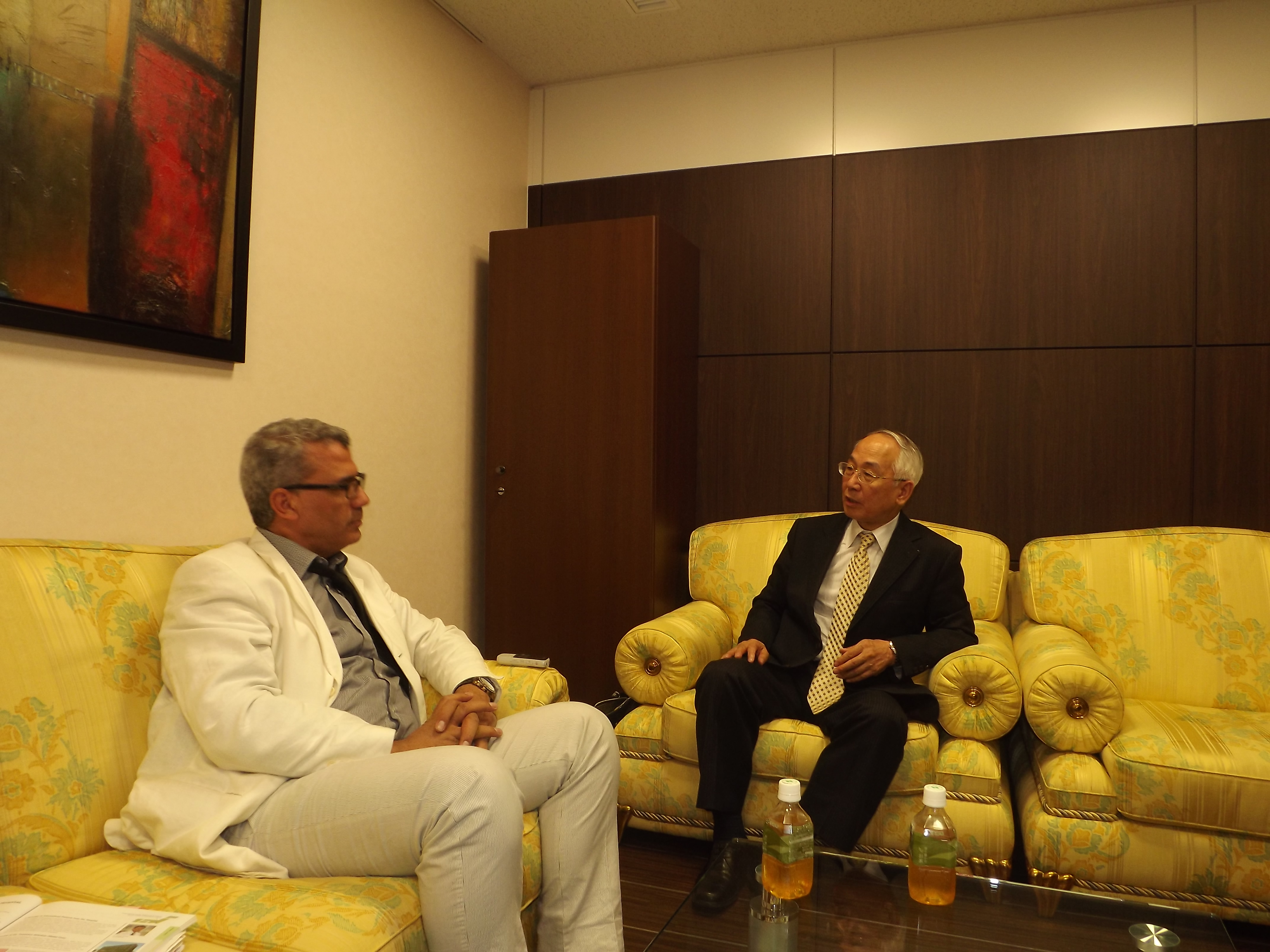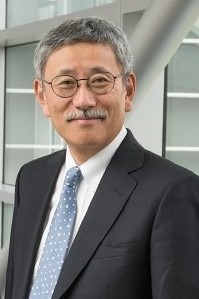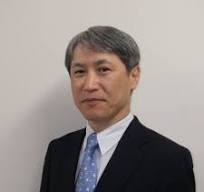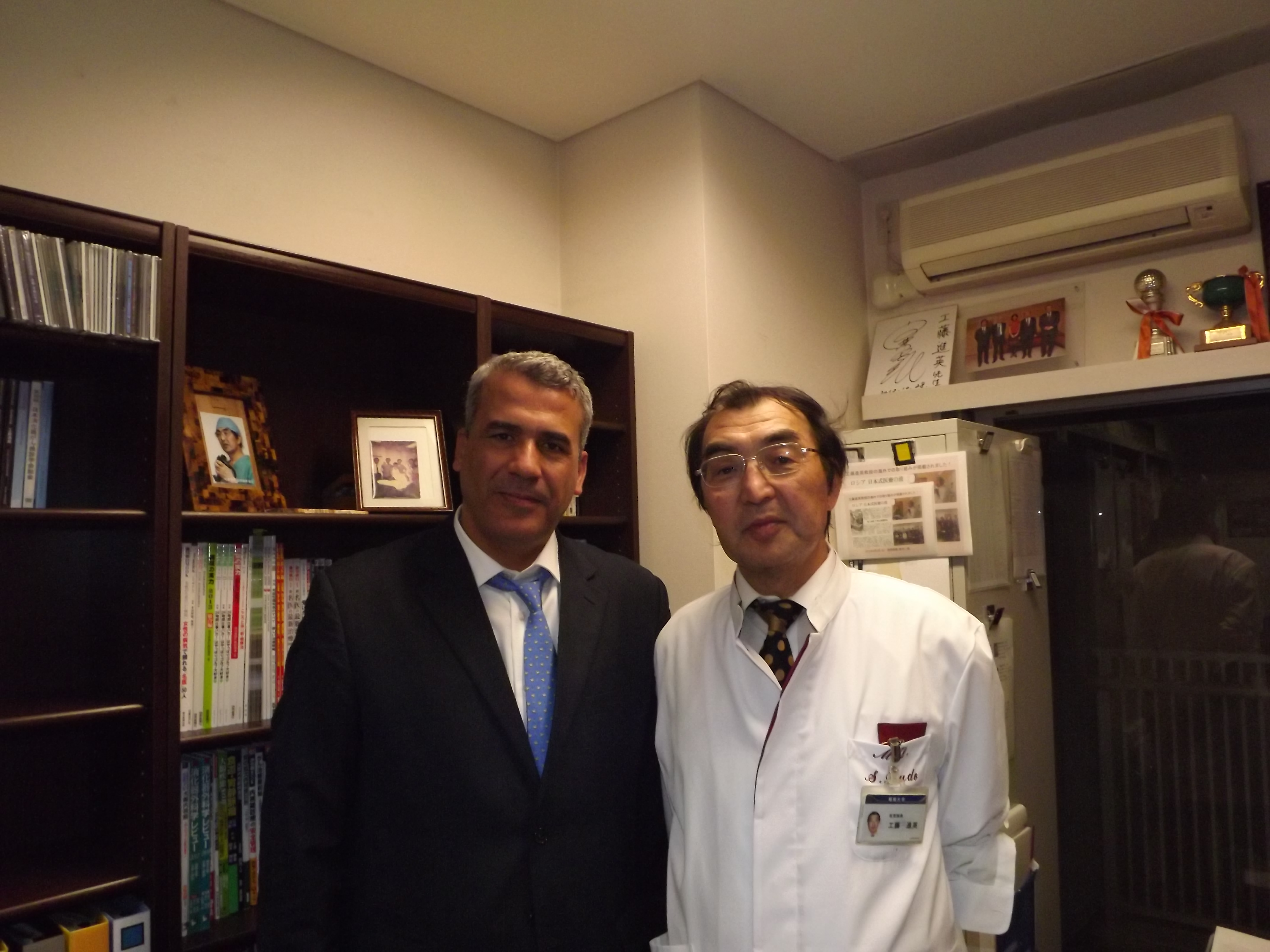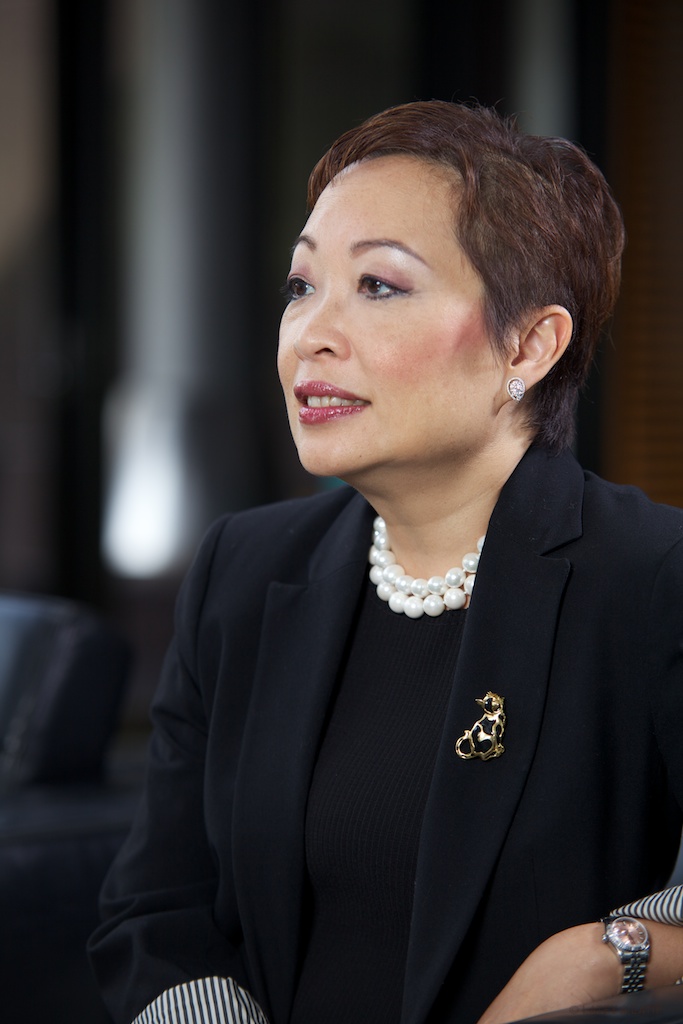Dr. Hirohiko Tsujii, M.D., Ph.D., Fellow, National Institute of Radiological Sciences
and director of Association for Nuclear Technology in Medicine
Middle East Health Tourism Magazine,
Tokyo-Japan, by Editor in-Chief
“When pi-mesons (pions), a type of ion beams, were used for cancer therapy, the whole world was excited
about their clinical effects. It was Dr Yukawa who discovered pions and was awarded with a Nobel Prize.
However, it’s been a long journey and still a few countries have managed to excel in this area,” said Dr.
Tsujii.
Starting his career in ion beam therapy around 30 years back, Dr. Tsujii first participated in the pion therapy
project in Los Alamos, USA and stayed there for one year. He also stayed in Switzerland participating in
pion therapy for one year. There, he had the chance to exchange ideas and learn from the top scientists in
the field.
“There are very limited number of facilities around the globe which can utilize heavy ion therapy in cancer
treatment. I can name a few in the US, a few in Europe and here in Japan. We have been successfully using
carbon ion therapy in the treatment of cancer and we are the first to apply carbon ions to all types of
cancer,’ remarked Dr. Tsujii enthusiastically.
Having treated over 7,000 cancer patients including the ‘tough types’ until today, his team has gathered
enormous experience: “ Conventional x-ray radiotherapy requires 1.5-2 months in treating prostate cancer.
We complete the treatment in 3 weeks. Besides, we give only 12 fractions to our patients as against 30-40
given by other hospitals. I am delighted to share with you that we are much more advanced than other
conventional radiotherapy.”
On receiving more international patients, Dr. Tsujii told us that Medical Excellence JAPAN (MEJ) is working
on a system to make the procedure more efficient. Normally, the procedure is complicated and time
consuming due to the initial consultations, report sharing, tests and diagnosis, and it is extremely difficult
for a doctor to follow up all details with the international patient. But, he is hopeful that the new system
will facilitate the arrival and treatment of more patients and their number will increase gradually.
“I have personally visited the cancer institutes in Abu Dhabi, UAE and was impressed with the eagerness of
the leaders and doctors to know more about carbon ion radiotherapy. Our Prime Minister Abe is visiting
the United Arab Emirates early May and a proposal of partnership in this field will be discussed. I am
looking forward to a stronger cooperation between the UAE and Japan in terms of knowledge and know-
how sharing as well as training of personnel,” said the doctor.
“I need to admit that Japan is not always on top of healthcare or cancer treatment destinations for
international patients. We have excellent facilities and very experienced and skilled medical staff but we
are not known enough outside Japan. There is a lot of work to do and I am sure we will catch up soon,”
concluded the doctor.
